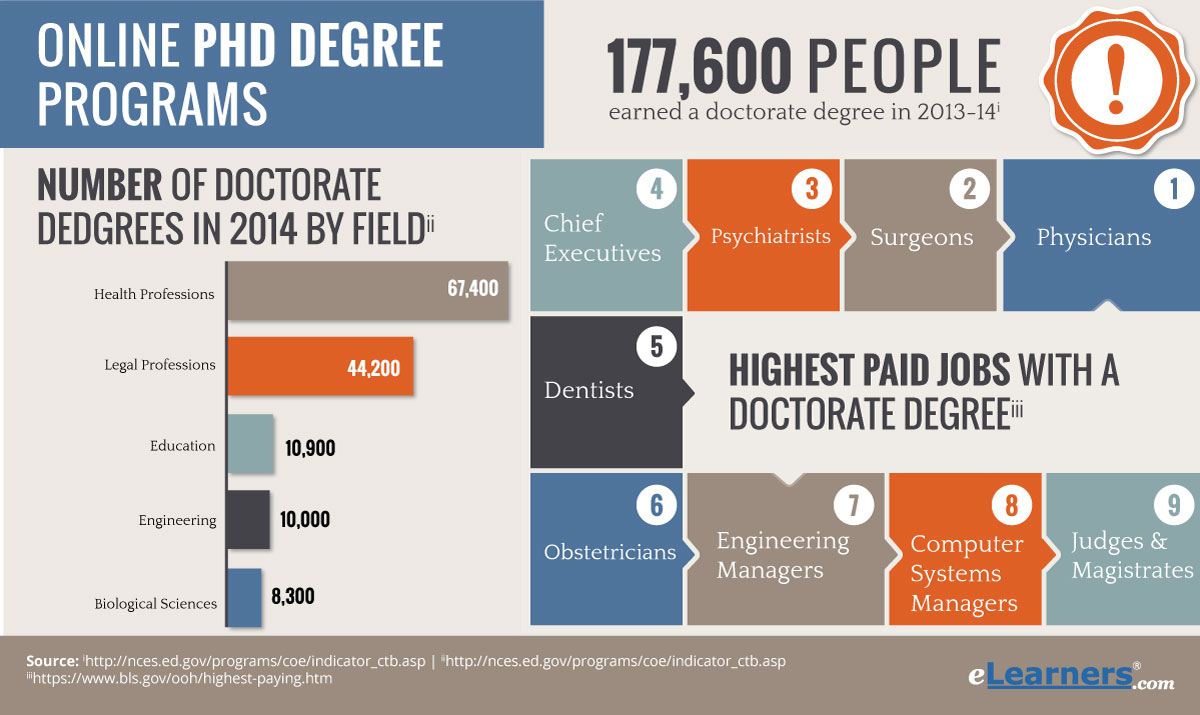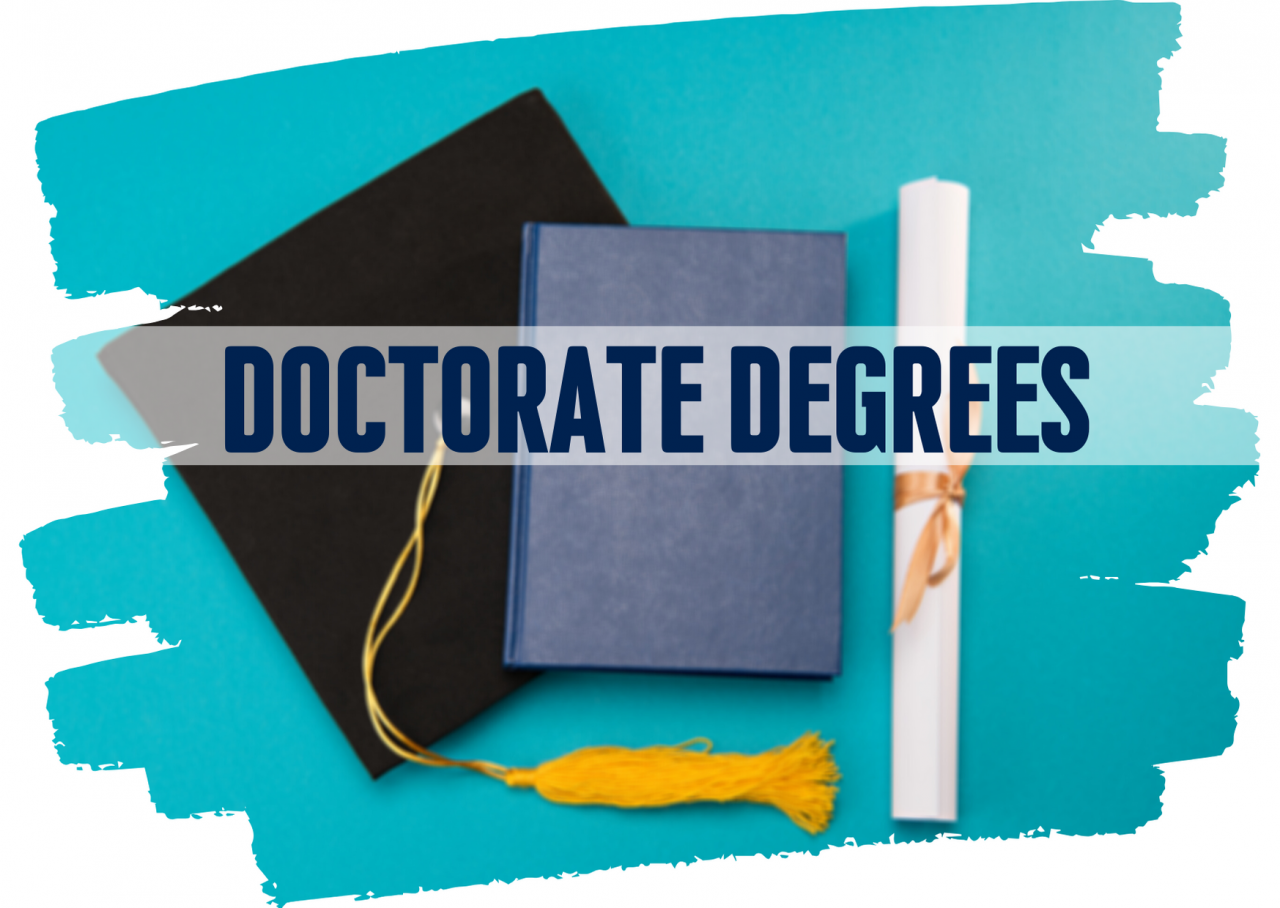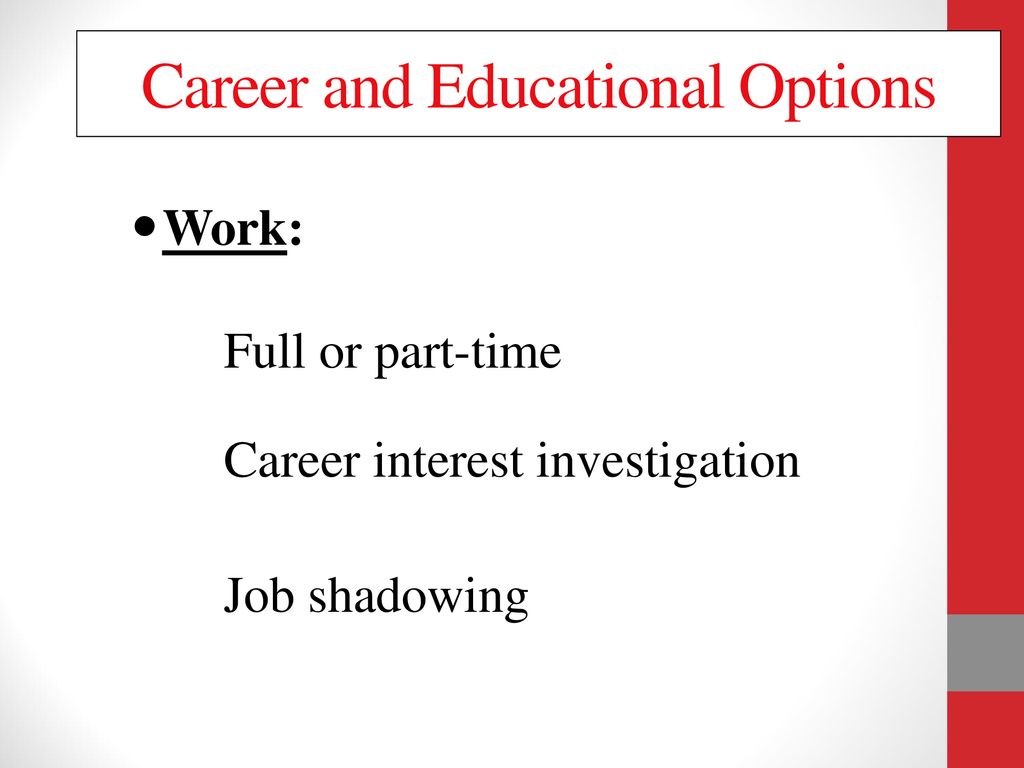Is a doctorate in education necessary for leadership positions in education? This question is crucial for aspiring educators aiming for top roles. The educational landscape is constantly evolving, with diverse leadership positions demanding specific qualifications and experience. This article dives deep into the pros and cons of pursuing an EdD, exploring alternative pathways to leadership, and examining the critical balance between formal education and practical experience.
We’ll examine various leadership roles—from principals and superintendents to curriculum directors—analyzing the minimum education requirements, typical experience levels, and preferred qualifications. We’ll also investigate how different institutions weigh these factors, highlighting the diverse approaches across school districts and educational settings. Ultimately, we aim to provide a clear understanding of the path to educational leadership, clarifying whether a doctorate is truly essential or if other avenues can lead to success.
The Current Educational Landscape

The modern education system is in constant flux, driven by technological advancements, evolving societal needs, and a growing emphasis on student-centered learning. This dynamic environment significantly impacts the roles and responsibilities of educational leaders, demanding a diverse skillset and often prompting questions about the necessity of specific qualifications, such as a doctorate. Understanding the current trends and requirements for various leadership positions is crucial for aspiring and current educational professionals.The current trends in educational leadership reflect a shift towards distributed leadership models, collaborative decision-making, and a focus on data-driven instruction.
While a doctorate isn’t always mandatory for educational leadership, it certainly boosts your chances. The question of whether a degree in education is even worth the investment is crucial; check out this insightful article: Is a degree in education worth it for career advancement? to weigh the pros and cons. Ultimately, the value of a doctorate depends on your career aspirations within the educational field and the specific leadership roles you target.
Leaders are increasingly expected to be instructional coaches, fostering a culture of continuous improvement among their staff. Furthermore, the emphasis on equity and inclusion requires leaders to be acutely aware of and responsive to the diverse needs of their student populations. This necessitates strong interpersonal skills, cultural competency, and a commitment to social justice.
Types of Leadership Positions and Qualifications
Educational leadership encompasses a wide range of roles, each with its unique responsibilities and required qualifications. While a doctorate isn’t universally mandated, it often provides a competitive advantage and signifies a deep understanding of educational theory and practice.
While a doctorate isn’t always mandatory for educational leadership, it often provides a competitive edge. However, a master’s degree opens many doors, as evidenced by the diverse range of Job opportunities after completing a master’s degree in education? Ultimately, the necessity of a doctorate depends on the specific institution and leadership role, with some prioritizing experience over advanced degrees.
Typical Requirements for Educational Leadership Roles
The following table summarizes the typical educational requirements, experience, and preferred qualifications for various educational leadership positions. Note that specific requirements can vary depending on the state, district, and individual school.
| Role | Minimum Education | Typical Experience | Preferred Qualifications |
|---|---|---|---|
| Principal | Master’s degree in Education Administration or related field | 5-10 years of successful teaching experience | Doctorate in Education, successful leadership experience in a school setting, strong communication and interpersonal skills |
| Superintendent | Doctorate in Education Administration or related field | 10+ years of experience in education, including significant leadership roles (e.g., principal, assistant superintendent) | Extensive experience in budget management, strategic planning, and community relations, proven ability to lead large-scale change initiatives |
| Curriculum Director | Master’s degree in Curriculum and Instruction or related field | 5-7 years of teaching experience, experience in curriculum development and implementation | Doctorate in Curriculum and Instruction, experience in leading professional development, expertise in specific curriculum areas |
| Assistant Principal | Master’s degree in Education Administration or related field | 3-5 years of successful teaching experience | Strong organizational and communication skills, experience in mentoring and coaching teachers, demonstrated ability to manage challenging situations |
The Role of a Doctorate in Education (EdD)

An EdD, or Doctorate in Education, offers significant advantages for aspiring educational leaders, providing a distinct edge in navigating the complexities of the modern educational landscape. While not always a strict requirement, it equips individuals with a comprehensive skill set and theoretical understanding that translates directly into effective leadership.The benefits of possessing an EdD extend beyond simply holding a prestigious credential.
The rigorous academic program fosters the development of critical leadership attributes, enabling graduates to tackle challenges with a nuanced and informed approach.
Enhanced Leadership Skills and Knowledge
An EdD program cultivates advanced leadership skills through coursework focused on educational theory, policy analysis, organizational leadership, and change management. Students learn to apply research-based strategies to improve teaching practices, school climate, and student outcomes. The curriculum often includes opportunities for practical application, such as leading school improvement projects or designing and implementing innovative educational programs. This hands-on experience solidifies theoretical knowledge and prepares future leaders for real-world scenarios.
For instance, a graduate might apply their knowledge of organizational development to restructure a school’s administrative processes to improve efficiency and collaboration.
Research and Analytical Capabilities in Educational Leadership
Doctoral studies significantly enhance research and analytical skills. Candidates engage in extensive research, developing proficiency in qualitative and quantitative methods. This expertise allows educational leaders to critically evaluate existing practices, identify areas for improvement, and design data-driven interventions. The ability to analyze complex data sets, interpret research findings, and translate them into actionable strategies is crucial for evidence-based decision-making in educational leadership.
For example, a principal with strong research skills could analyze student performance data to identify specific learning gaps and tailor instructional strategies to address those needs.
Addressing Complex Educational Challenges
The skills honed during doctoral studies are invaluable in tackling complex educational challenges. An EdD prepares leaders to navigate issues such as equity and access, school improvement, teacher development, and curriculum design. The ability to critically analyze policy, synthesize research findings, and develop innovative solutions is essential for effective leadership in a dynamic educational environment. For instance, an EdD graduate might leverage their understanding of educational policy to advocate for increased funding for underserved schools or develop a comprehensive plan to improve teacher retention rates within a specific district.
Their research skills allow them to build a robust case for their proposals, backed by evidence and data.
Alternative Pathways to Educational Leadership

While a doctorate in education (EdD) can certainly enhance career prospects in educational leadership, it’s not the only path to success. Many highly effective educational leaders have reached their positions through alternative routes, leveraging diverse qualifications and experiences. This section explores these alternative pathways, comparing and contrasting them with the traditional EdD route and highlighting the diverse journeys of successful leaders.
Several factors contribute to successful educational leadership, and an EdD is just one piece of the puzzle. Strong leadership skills, proven experience, and a deep understanding of educational principles and practices are crucial, regardless of formal qualifications. The path to leadership often depends on individual circumstances, career goals, and the specific context of the educational institution.
Alternative Qualifications and Experiences Leading to Educational Leadership Positions
A range of qualifications and experiences can equip individuals for leadership roles in education. Master’s degrees in education, educational administration, or related fields provide a strong foundation in educational theory and practice. Extensive experience in teaching, curriculum development, or school administration can also be equally valuable. Strong interpersonal skills, proven ability to manage teams, and a demonstrated commitment to student success are consistently sought-after qualities in educational leaders.
Furthermore, involvement in professional organizations, participation in leadership development programs, and successful completion of relevant certifications can all bolster a candidate’s qualifications.
Comparison of Career Trajectories: EdD vs. Alternative Pathways
Individuals with EdDs often pursue more research-intensive leadership roles, such as deans, professors, or researchers in higher education. Their career trajectories might involve a more focused path towards academia and research. Conversely, those who achieve leadership positions without an EdD may have a more varied career path, progressing through teaching, administrative, or other roles within their school or district.
Their experience may be broader and more directly related to the practical aspects of school management and student support. Both pathways can lead to significant leadership roles, but the nature of the roles and the path to achieving them may differ.
Examples of Successful Educational Leaders Without a Doctorate
Numerous highly successful educational leaders have ascended to prominent positions without holding a doctorate. Consider, for example, the numerous principals and superintendents who have built successful schools and districts based on their years of experience, strong leadership, and deep understanding of their communities. Their success is often a testament to their practical skills, dedication, and ability to connect with students, staff, and parents.
While specific names may vary by location and context, countless examples demonstrate that an EdD is not a prerequisite for effective educational leadership.
Professional Development Opportunities as Substitutes or Supplements for a Doctoral Degree
Several professional development opportunities can effectively supplement or even substitute for a doctoral degree in preparing for educational leadership. These opportunities provide practical experience and skills development crucial for success.
These opportunities offer a structured path to enhance leadership skills and knowledge, often providing networking opportunities with experienced leaders and a focused approach to skill development.
- Leadership training programs offered by educational organizations or universities.
- Mentorship programs pairing aspiring leaders with experienced professionals.
- Certification programs focusing on specific areas of educational leadership, such as curriculum development or school finance.
- Advanced coursework in educational administration or leadership, even without pursuing a full degree.
- Participation in professional organizations and conferences focused on educational leadership.
The Impact of Experience and Expertise: Is A Doctorate In Education Necessary For Leadership Positions In Education?
The question of whether a doctorate is essential for educational leadership often overlooks a crucial factor: the weight of practical experience and specialized expertise. While an EdD provides valuable theoretical knowledge and research skills, years spent navigating the complexities of a school environment can offer equally, if not more, impactful leadership qualities. The effectiveness of a leader isn’t solely determined by academic credentials; a blend of formal education and real-world experience often proves most potent.Years of classroom experience cultivate a deep understanding of the challenges and triumphs inherent in teaching and learning.
This firsthand knowledge provides an invaluable foundation for leadership roles, enabling administrators to make informed decisions that directly benefit students and staff. This practical understanding goes beyond theoretical models; it’s a lived reality that informs every aspect of leadership.
Teaching Experience and Effective Leadership
Extensive teaching experience equips educational leaders with a nuanced understanding of classroom dynamics, student needs, and the intricacies of curriculum implementation. These leaders possess an innate ability to connect with teachers, fostering a collaborative environment that prioritizes professional growth and student success. For instance, a principal with 15 years of teaching experience can readily empathize with the pressures faced by their staff, leading to more effective support and mentorship.
They can anticipate potential challenges and proactively address them, fostering a more positive and productive school culture. This empathetic approach, rooted in direct experience, often surpasses the impact of theoretical knowledge alone.
The Value of Specialized Expertise in Leadership, Is a doctorate in education necessary for leadership positions in education?
Specific expertise in areas like curriculum development or special education can significantly enhance leadership capabilities. A leader with a strong background in curriculum design can effectively guide the implementation of innovative teaching methods and ensure alignment with state standards. Similarly, a leader experienced in special education can champion inclusive practices and advocate for the needs of diverse learners.
Consider a superintendent with a proven track record in developing successful special education programs; their leadership would be highly sought after due to their practical knowledge and demonstrable achievements. This specialized expertise translates into tangible improvements in student outcomes and overall school effectiveness.
Experience Compensating for Lack of Doctorate: A Hypothetical Scenario
Imagine Ms. Elena Ramirez, a highly respected high school principal with 20 years of experience, including 10 years as a successful department head. She has consistently exceeded expectations in improving student achievement, fostering a positive school climate, and securing substantial grants. While she doesn’t possess a doctorate, her extensive experience, proven leadership skills, and deep understanding of the school’s unique context make her an exceptionally effective leader.
Her track record speaks for itself, demonstrating that a lack of formal doctoral education doesn’t necessarily preclude exceptional leadership in education. In this case, her practical experience and demonstrable achievements far outweigh the absence of an EdD.
Institutional Preferences and Requirements

The necessity of a doctorate in education for leadership positions hinges significantly on the specific institution’s hiring practices and stated requirements. These vary considerably across different school districts, charter schools, private institutions, and even within departments of a single large university system. Understanding these variations is crucial for aspiring educational leaders.The requirements for educational leadership positions are not uniform across the educational landscape.
While some institutions prioritize a doctorate, others value extensive experience and a master’s degree as sufficient qualifications. This disparity stems from a range of factors including institutional culture, budget constraints, and the specific needs of the role.
Variations in Hiring Practices Across Educational Institutions
Different educational institutions employ diverse hiring strategies. Large, urban school districts often have formalized processes with clearly defined qualification criteria, sometimes explicitly favoring candidates with doctoral degrees. Smaller, rural districts may prioritize candidates with proven local experience, potentially overlooking a doctoral degree in favor of practical skills and familiarity with the community. Similarly, private schools may emphasize a specific pedagogical approach or a candidate’s alignment with the school’s mission, rendering the EdD a less decisive factor.
Universities, particularly research-intensive ones, frequently require a doctorate for senior administrative roles.
Comparison of Qualification Preferences in Job Postings
A review of job postings for educational leadership roles reveals a spectrum of requirements. Some postings explicitly state a doctorate as a preferred or required qualification, often alongside years of experience in progressively responsible positions. Others highlight leadership experience and specific skills as more important criteria, leaving the educational requirement more flexible. A significant number of postings will list a master’s degree as the minimum requirement, with a doctorate being viewed as advantageous but not mandatory.
The language used—words like “preferred,” “desired,” or “required”—clearly indicates the relative importance placed on a doctoral degree by the hiring institution.
Visual Representation of Educational Requirements for Principal Positions
Imagine a bar graph. The horizontal axis represents different school districts (District A, District B, District C, etc.), and the vertical axis represents the minimum educational requirement for principal positions. District A’s bar might reach the “Doctorate” level, indicating a doctoral degree is required. District B’s bar might stop at “Master’s Degree,” showing a master’s degree is sufficient. District C’s bar might be somewhere in between, perhaps indicating a master’s degree is required, but a doctorate is highly preferred.
This visual representation would clearly illustrate the varying educational requirements across different school districts. The height of each bar would reflect the level of education required, showcasing the range of expectations across different institutions.


